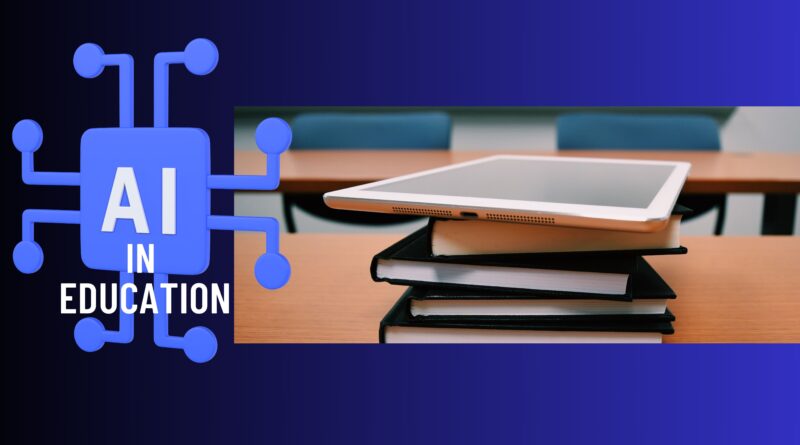Through a Filtered Lens: How Information Retrieval Bias Shapes Users’ Information Consumption
Everyone is interacting with information systems to access, retrieve, and subsequently use information for diverse purposes. What if the information we are consuming to make life-staking decisions has been filtered by an invisible hand? Like the lens of a camera, the invisible hand filters what information we receive, decides for us what is most relevant to our search queries, what is emphasized in our search results, and the ranking order of the information we receive. Unfortunately, this invisible hand is with a “closed fist” (devoid of openness, clarity, and understanding) and is highly subjective.
Read More













